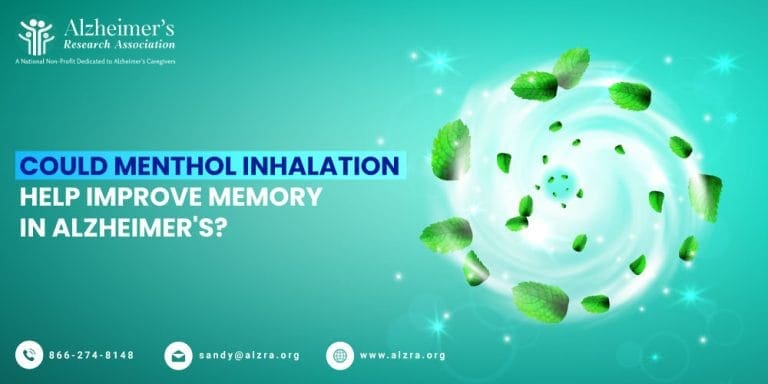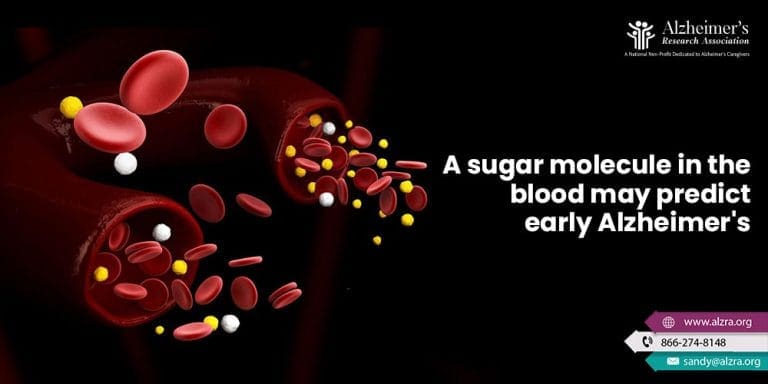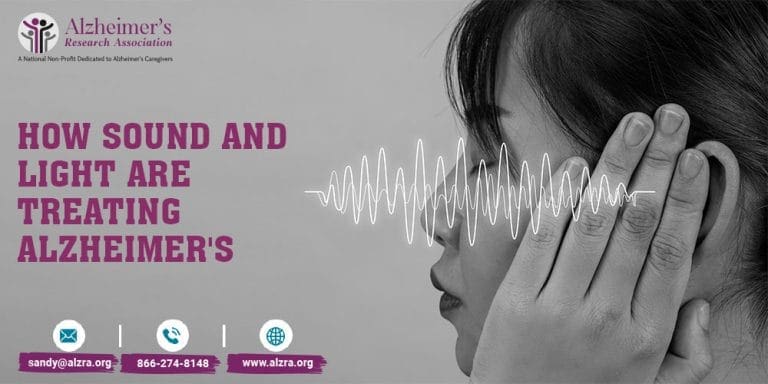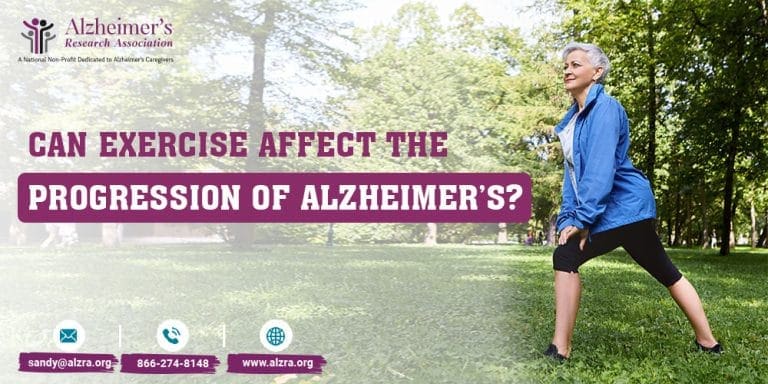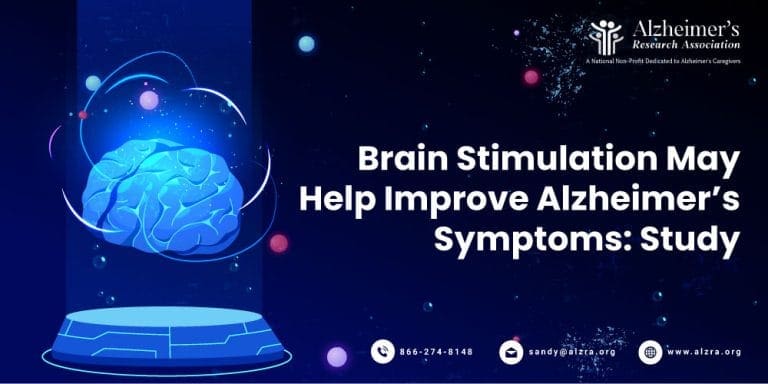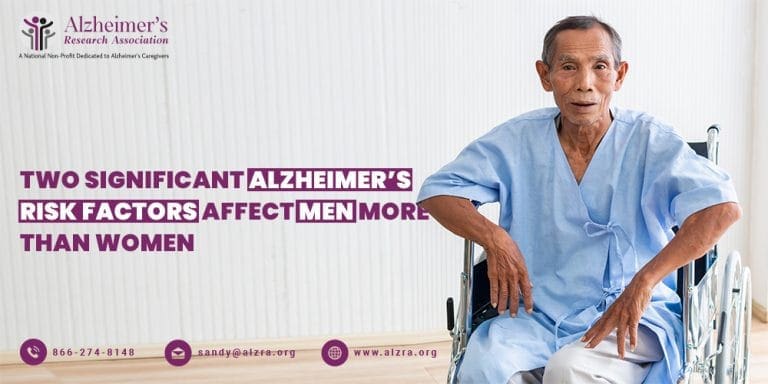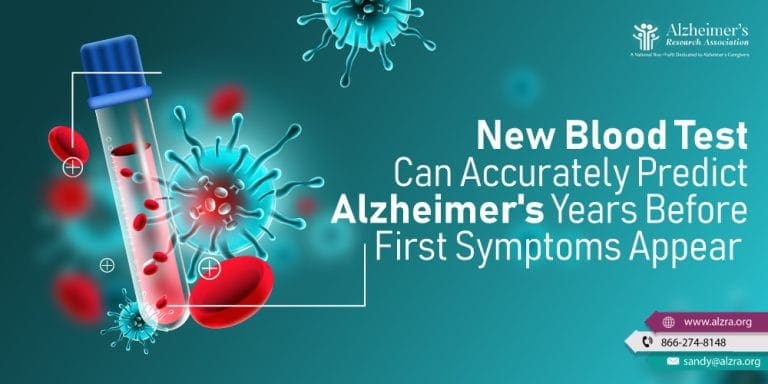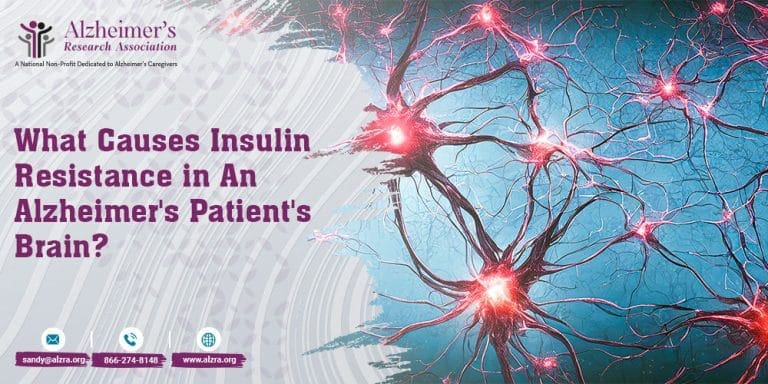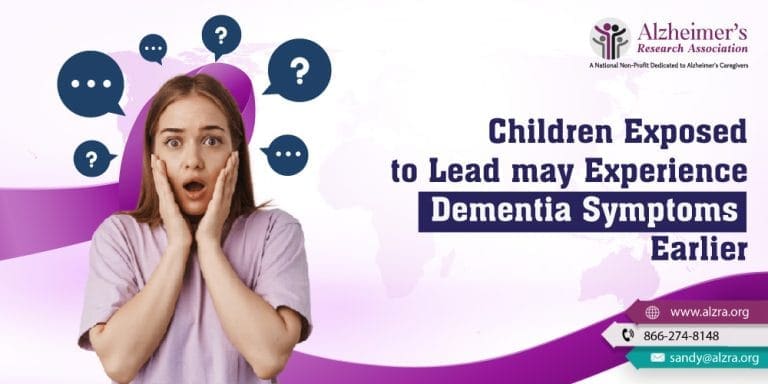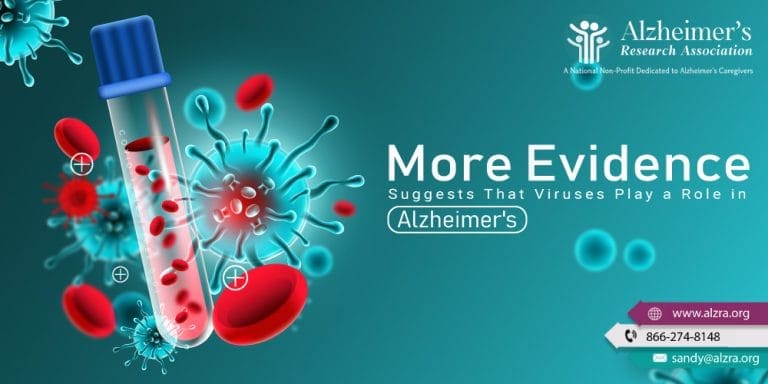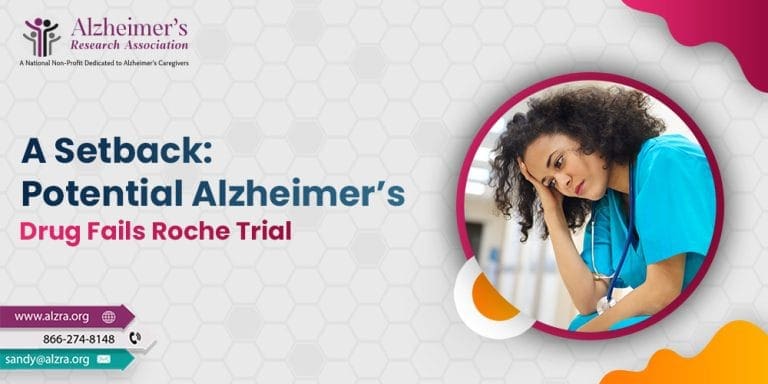Could menthol inhalation help improve memory in Alzheimer’s?
A recent study demonstrates that menthol inhalation enhances cognitive function in animal models of Alzheimer’s. Researchers discovered that inhaling menthol reduced interleukin-1-beta levels, a protein that induces inflammation. The findings imply that some inhaled substances may help treat Alzheimer’s. Repetitive brief exposure to methnol can affect the immune system and stave off the cognitive deterioration … Continue reading "Could menthol inhalation help improve memory in Alzheimer’s?"

